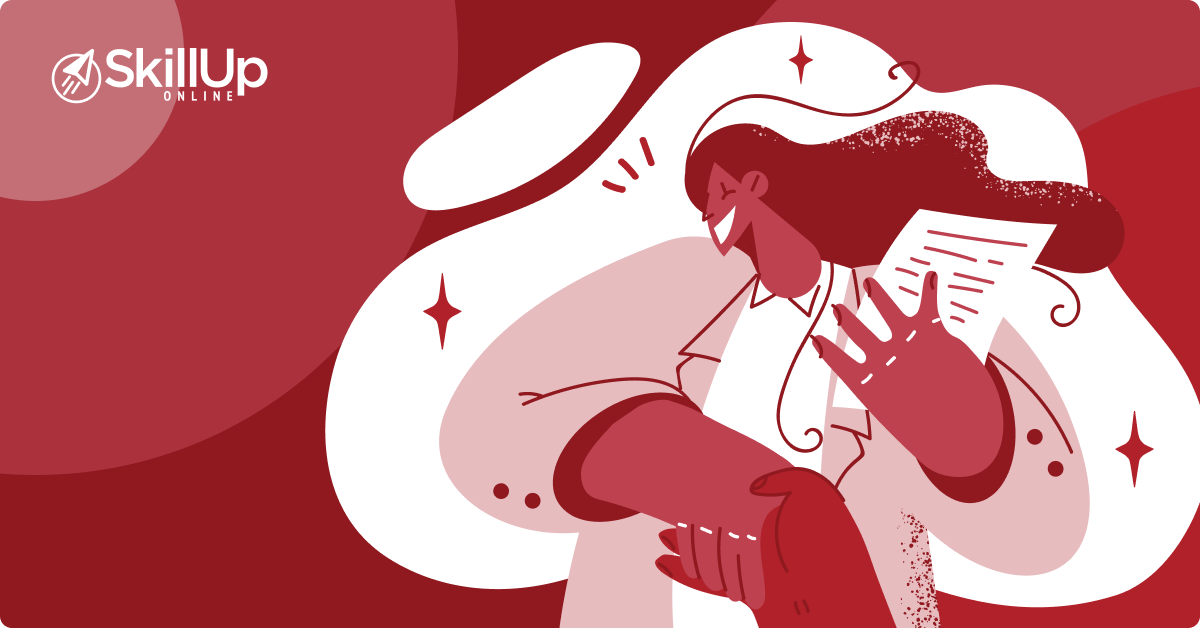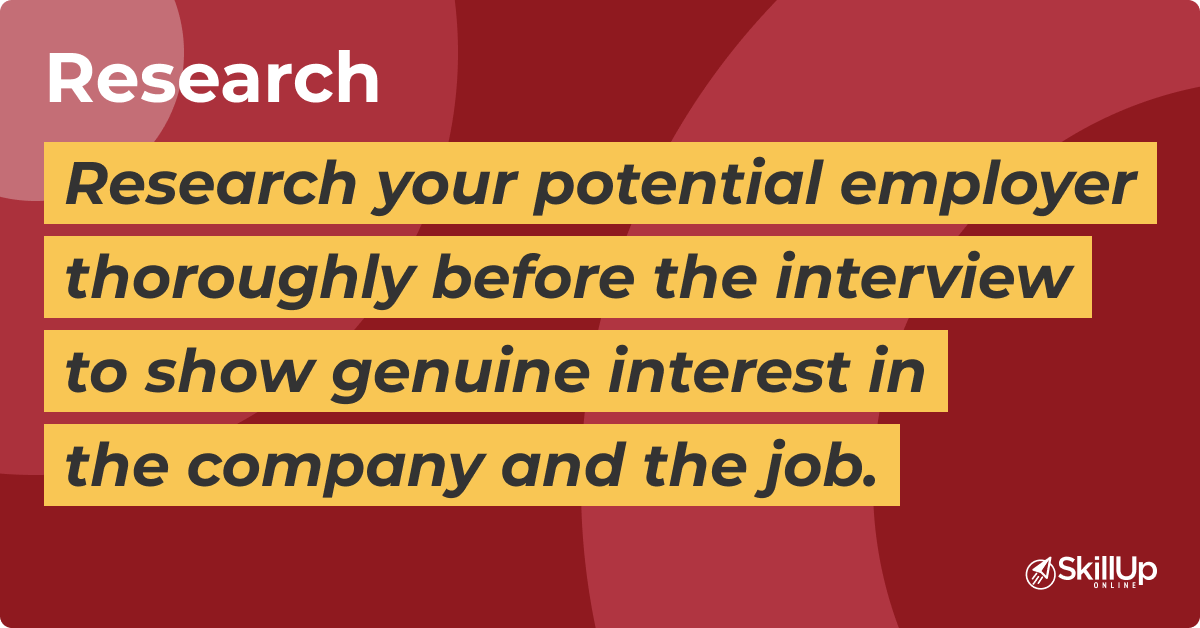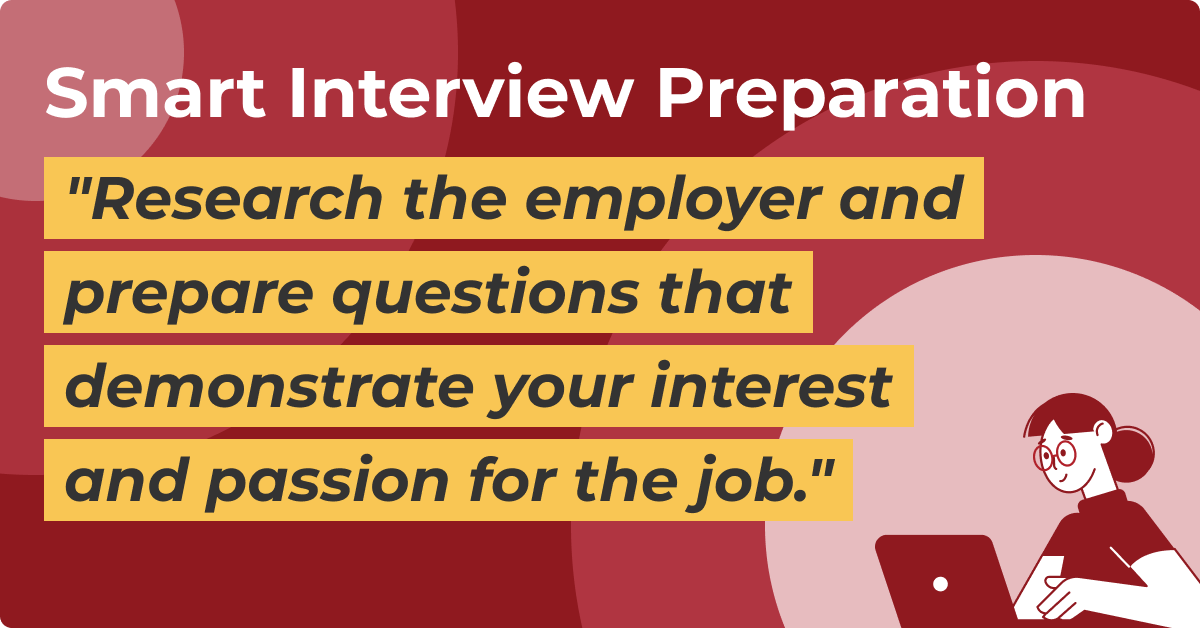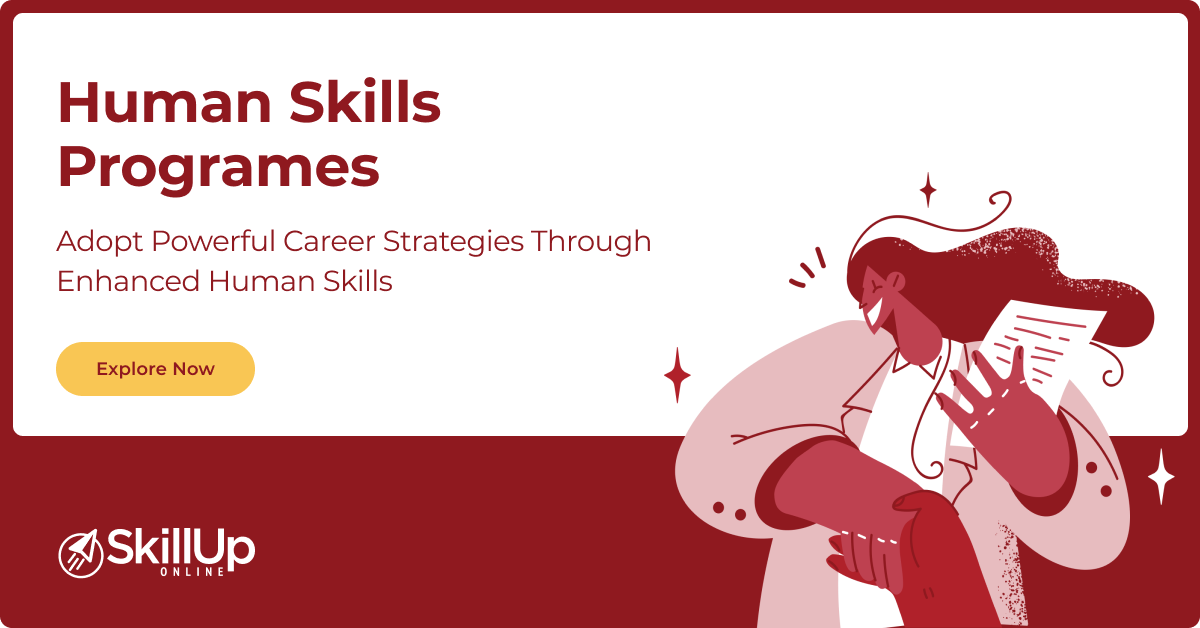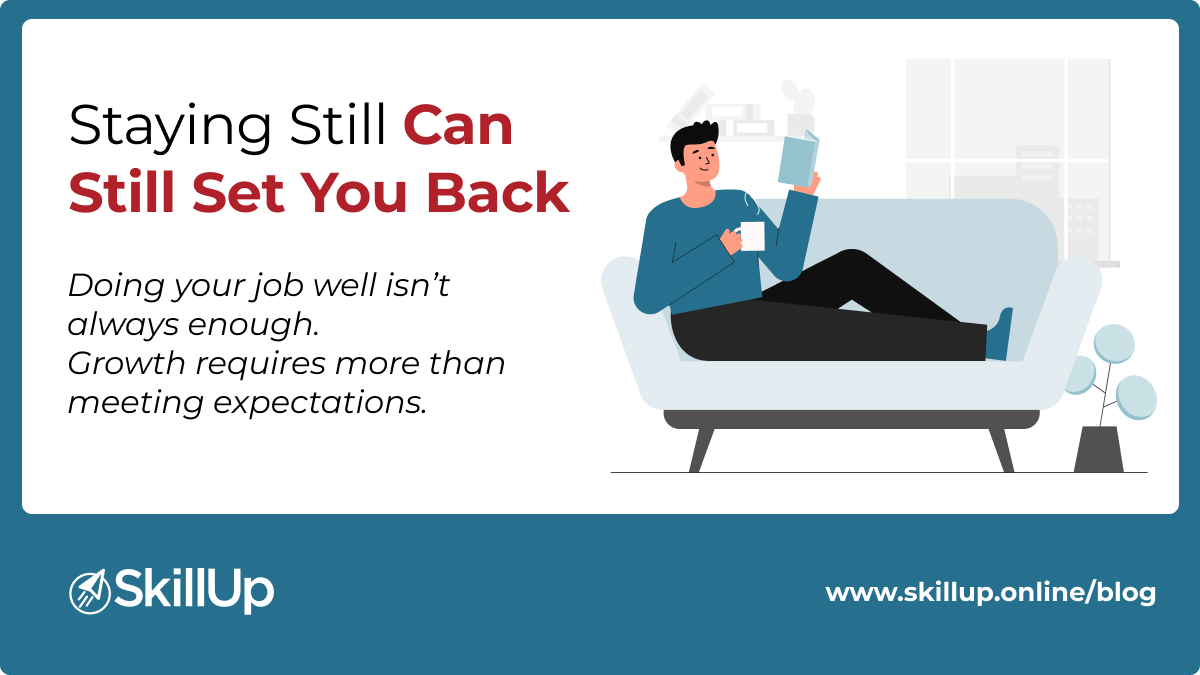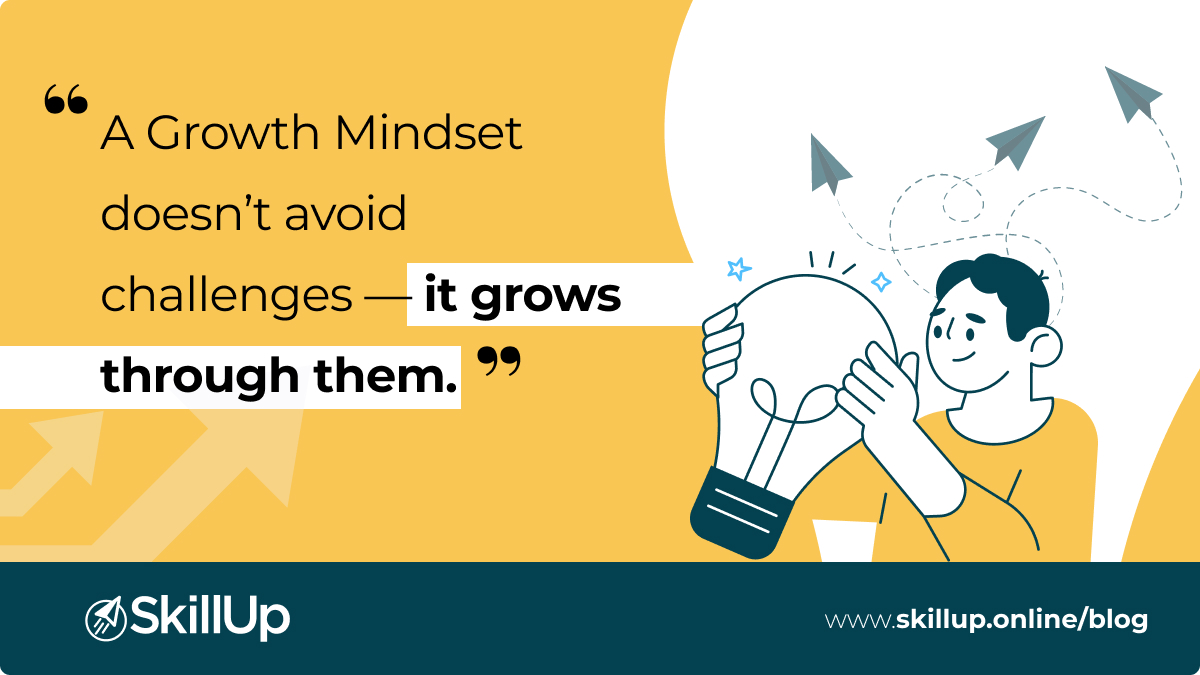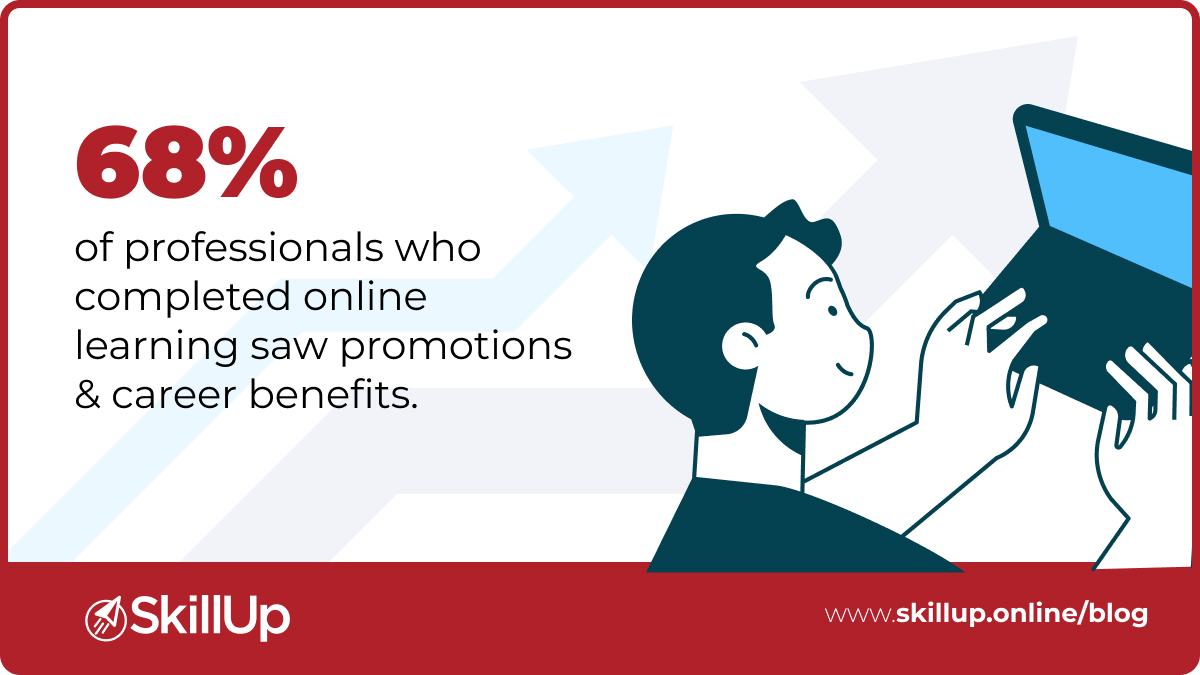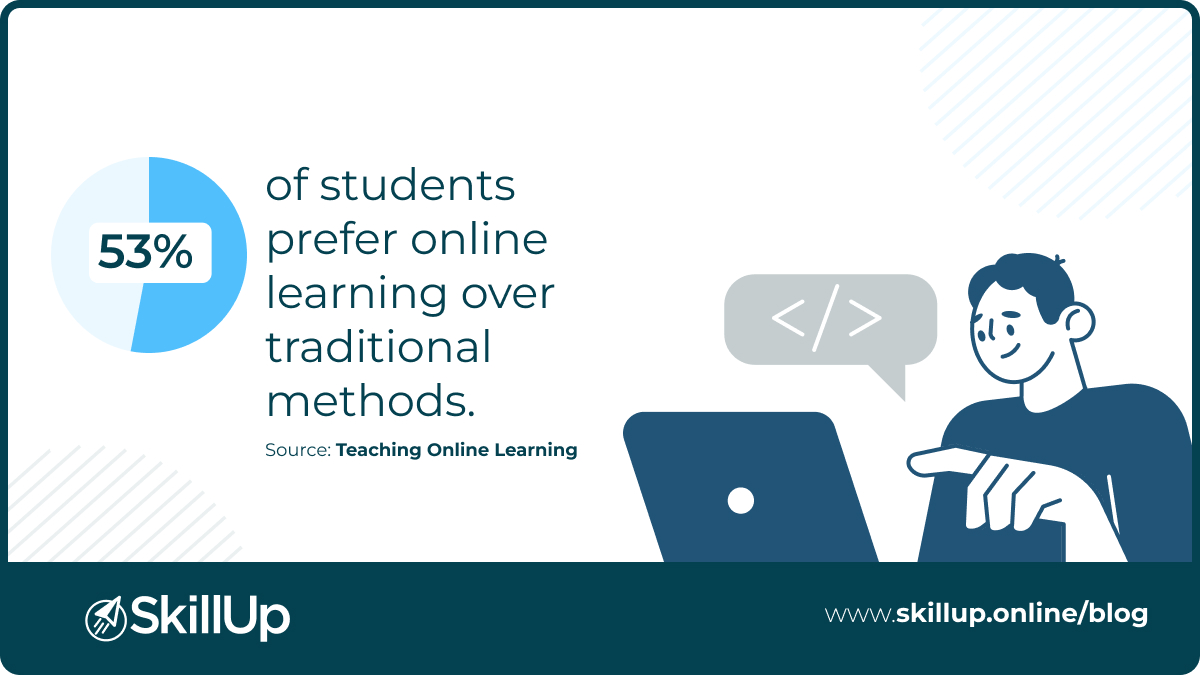Stephen just spent 45 minutes answering a variety of my interview questions attempting to gain employment as a technical support specialist. His answers were accurate and compelling, which led me to regard him as a strong candidate who would likely be getting a job offer. In a concluding effort to assess his true interest in the role, I turned the time over to Stephen and asked if he had any questions for me about the job.
Stephen looked at me for a moment, and with a puzzled look on his face said, “No, I think I’m good.” Perplexed, and wanting to assist him in closing out the interview on a high-note, I candidly told him he had just completed a great interview, and I was trying to determine his level of passion for this employment opportunity.
After another brief pause and puzzled look, Stephen said “Well, this is my 10th interview in the past two weeks. I’ve applied to Google, Amazon, Apple, and now with you. I’m not as concerned with where I land as I am at getting my foot in the door with one of these companies so I can start my career in the IT industry.”
And with that response, Stephen went from the top of the list of candidates to the bottom. Knowingly or not, he had just broken a critical rule when it comes to effective interviewing.
In my career I have interviewed countless candidates for roles in the IT industry and have always been surprised at some fatal and common mistakes these candidates make during the process. Below is a list of some of the critical mistakes to avoid, along with recommendations on how to put the best foot forward.
Research Your Potential Employer
Have you ever been on a blind date? One common recommendation to ensure a positive experience on a blind date is to gather information about the other person in advance. Using social media or the date matchmaker to understand your date’s likes, dislikes, interests, hobbies, and personality, can help kick-start meaningful dialog during the date and show that you have more than just a cursory interest in a potential new relationship.
This same concept applies to a job interview, which in many instances can be compared to a first date.
Take the time to research your potential employer’s history, mission statement, vision statement, culture, customer demographics, innovations, successes, and headlines. Walking into an interview with an understanding of this information can’t help but come through as you answer questions. When this happens, it will show that you are sincere and motivated about becoming an employee.
Employers aren’t just looking for someone who can perform well in the role, they are looking for someone with passion for putting on a name badge and becoming a powerful, dedicated representative of the company.
Prepare Your Smart Questions in Advance
As was illustrated by my story about Stephen, there comes a point in most interviews when you will be asked if you have any questions for the interviewer.
When this happens, it isn’t just a courtesy. This is being asked, in part, to determine your true interest in the role and the passion for which you would likely conduct yourself in it. While you are conducting research (see previous step), you should be formulating questions that can be asked when the opportunity presents itself. You don’t have to stick to these prepared questions exclusively, but the point is to be ready to illustrate your thoughtful and insightful interest in becoming a company employee by asking relevant questions.
As an example, here are some questions you could ask to convey what is being looked for.
- “What are some of the challenges you’ve seen people in the role encounter?”
- “What is the most important accomplishment someone in this role could achieve in the first 90 days?”
- “How does this job contribute to the overall success of the organization or company?”
Practice, Practice, Practice
As a public speaking and leadership consultant, I provide routine counsel that any speech should be delivered multiple times in practice prior to the live delivery. While most of my clients quickly accept this advice in principle, the application of it is quite often ignored.
This happens because practicing a speech can be awkward and non-intuitive. I provide this same advice to my clients when it comes to conducting a powerful interview, and unfortunately, I consistently see the same type of avoidances.
There is absolutely nothing that will prepare you more to sound articulate and compelling in an interview than to conduct that interview multiple times in practice before going to the live interview. And when I say to practice, I don’t mean reviewing your notes and thinking through the questions you might be asked. I specifically mean getting someone to act as the interviewer and answering their questions out loud, in real time, just as the actual interview will take place.
The actual interview is not the time to practice your spontaneity and “winging it” skills. If you have answered a potential question verbally, multiple times, you will be so much more ready to impress your interviewer than through any other method of preparation.
Review the Job Description Thoroughly
The typical job interview is between 30 and 60 minutes. During this time, the interviewer will likely be laser focused on quickly determining your fit for the job. Each question they ask is looking to elicit a specific response that indicates you are the best person for the job. When you take the time to thoroughly understand the job description, you are arming yourself with the ability to illustrate that you are the person they are looking for. So:
- Take the time to read the job description carefully, multiple times.
- Make a list of the qualifications, history, and competencies they are looking for.
- Prepare to relate specific examples, stories, and quantifiable metrics that will illustrate why you would be an outstanding performer in this role. Look for the specific adjectives they use when describing the candidate they are seeking. Descriptive words such as “determined, motivational, or leadership” provide valuable insight into the type of employee they want.
- Look for the opportunity to use these specific words when describing yourself or relay life experiences that exhibit these qualities when you’re asked behavioral questions.
Be Prepared for the Traditional Job Interview Questions
Lisa was applying for a Premier Support Sales Representative role on my team. Her resume indicated that she had spent over three years in sales roles at previous companies, so I decided to ask a series of questions that would help me understand her ability to handle common roadblocks in a typical sales process.
My first such question was, “Tell me about a time when you had a sale or a contract renewal get cancelled because the customer’s budget was cut and what did you do in response?”
Upon hearing the question, Lisa shifted her gaze to the wall behind me and went silent for a good 10 seconds. It was an awkward silence, but I waited patiently for her to sort her thoughts out and respond. When she eventually re-established eye contact with me, she said, “I’ve never really had a sale fall through like that, but one time I had a customer cancel their software purchase because they wanted to try and save money by using freeware.”
While this wasn’t exactly the experience or scenario I was looking for her to relate, it was close enough that I asked her to elaborate on how she handled the situation. She responded, “Well, they were a start-up company, so I understood why they would be enticed to pursue a free software solution. I told them if they changed their mind, I would always be ready to answer their questions.”
Needless to say, I did not end up offering Lisa the Sales Representative job on my team. Applying for a sales job, and having three years of sales experience, she should have been able to anticipate this type of a question and be prepared with a compelling answer.
With a little bit of interview preparation, Lisa could have stated something like, “I acknowledged the customers desire to save money and quickly explained how, even though our software solution wasn’t free, over time it would save money compared to the freeware option because of our service, support, and program functionality.”
The point is that with some research and preparation, it’s possible to anticipate the key questions that will be asked during an interview. There are many free resources available that can assist in answering common interview questions such as:
- “What are your strengths and weaknesses?”
- “Why do you want to work at this company?”
- “Tell me about a difficult work situation and how you overcame it.”
- “Where do you think you’ll be in five years?”
Once you have anticipated these questions and planned for them in your interview, don’t forget to practice answering them as was suggested in the previous step.
Prepare Effectively for the Remote Interview
In recent years, most of us have become accustomed to working and attending meetings remotely. With this shift to remote interactions, there is a level of “comfort” that has been established with this medium that can be harmful when using it to participate in a job interview.
Although this is a seemingly simple topic, it’s very important to adhere to some basic guidelines to make a great impression and ensure you don’t eliminate yourself as a candidate. Here is a list of important topics to check and address prior to the remote interview.
- Test the equipment you will be using (camera, microphone, speakers) to make sure they work properly. Conduct a “dry run” with a colleague to complete this test.
- Find a quiet location to conduct the interview where you won’t be interrupted.
- Make sure your background is clean, uncluttered, and visually appealing.
- Use a ring light with your camera or find a location with plenty of natural light.
- Make sure your camera is at eye level.
There is no shortage of information available for those looking to conduct a successful interview. The challenge is to invest the time required to put the recommendations into play.
For those looking to successfully land a new job, it takes time to prepare and put your best foot forward. There is no real shortcut to this process. The good news is that this preparation yields powerful results. In the countless interviews I have conducted over my career, it is easy to identify those who have invested the time in doing so, and it is just as easy to identify those who have not.
Coach & Director Human Skills
